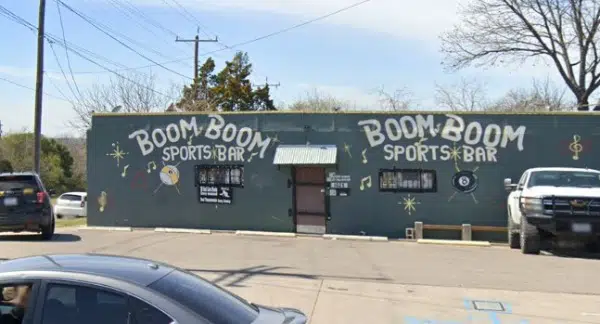
According to KSAT.com, a shooting took place at the Boom Boom Sports Bar located at 1621 S New Braunfels Ave, San Antonio, TX 78210.
At approximately 3:23 a.m. on Sunday, August 15, 2021, a fight broke out at the local bar. The suspect, 34-year-old Daniel Barragan, went to his vehicle and retrieved a semiautomatic rifle. When he returned to the bar, he began shooting, injuring 5 victims. Two of the victims died on the scene while the others were transported to Brooke Army Medical Center. One of the severely injured victims died at the hospital, and the other two are in critical condition.
The suspect was identified based on videos on social media posts and video from the bar's security cameras. Police were successful at apprehending him during a traffic stop after they followed him from his home. According to the police report, Barragan is facing charges of capital murder of multiple persons and two counts of aggravated assault with a deadly weapon.

Attorney contributor Anjali Nigam has experience representing numerous victims of violent crimes that take place on commercial property. Below, Anjali shares his insight on the legal options of victims shot at a bar.
“Bar owners have a legal duty to provide a level of safety to the patrons and employees on and around their property. Therefore, property owners should implement adequate security measures in order to protect their patrons. An example of such security measures could include security cameras and hired guards. In the event that a property owner does not provide ample security and someone gets injured on or around the property, they may be deemed liable in a civil lawsuit.”
“If a crime is found to be foreseeable, the bar owner could be held liable. For example, a foreseeable crime could include if crime rates in the area increased, yet they did not implement additional security measures. This could be considered negligence on behalf of the property owner. Victims should understand that in cases of negligence, they may have suitable grounds for a civil lawsuit. If the court finds a victim sustains an injury as a result of inadequate protection on the property, that victim may even qualify for monetary compensation.”
 info@legalherald.com
info@legalherald.com